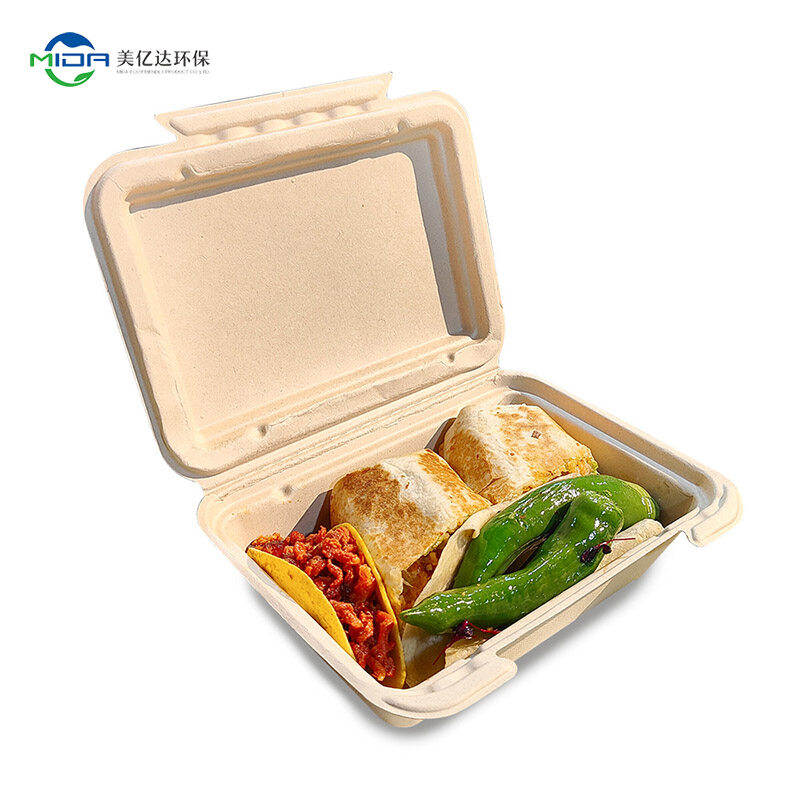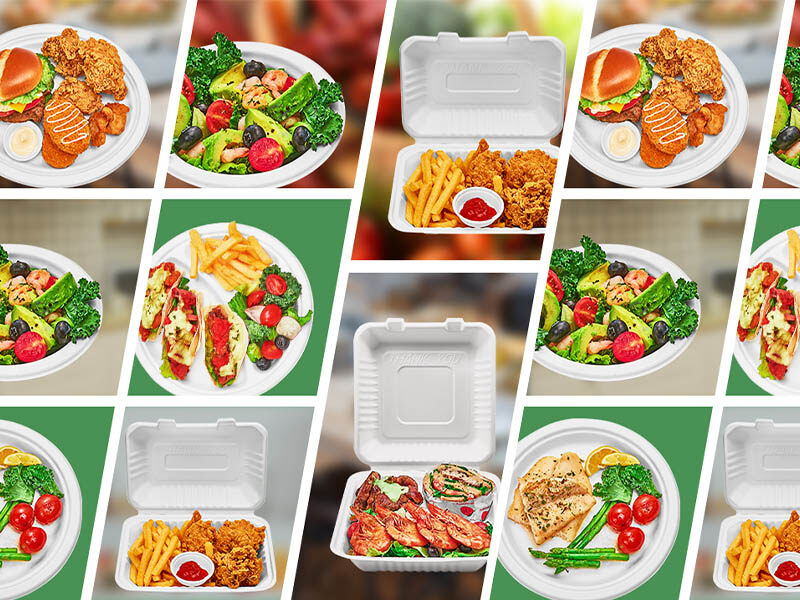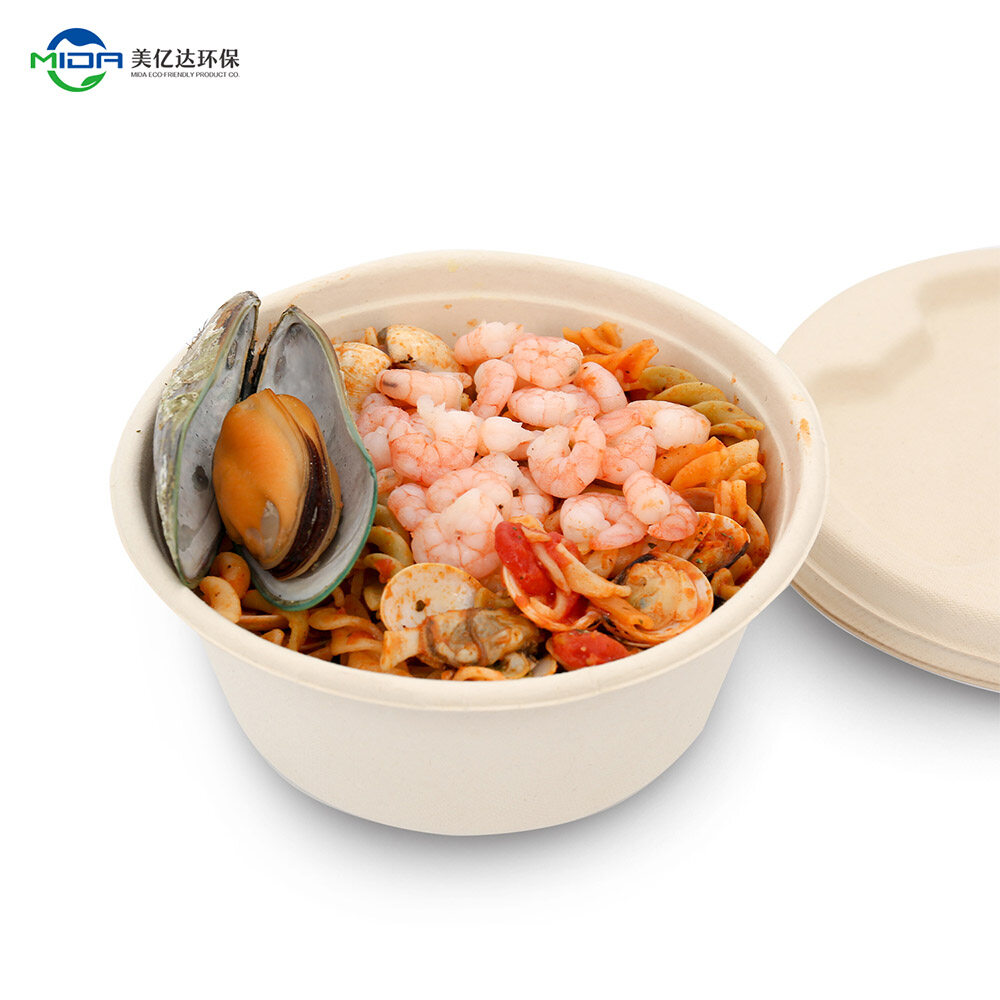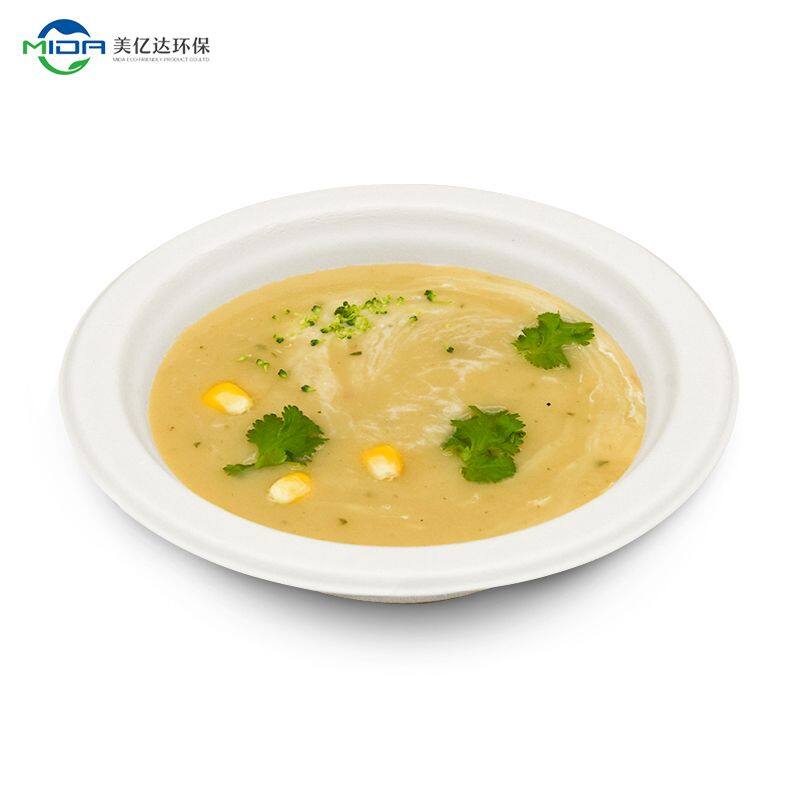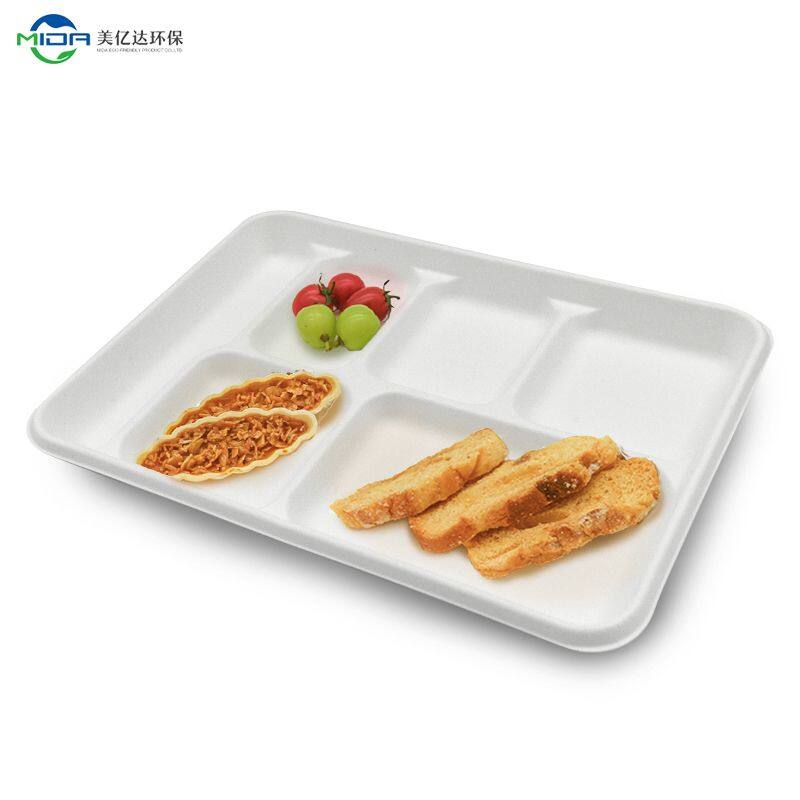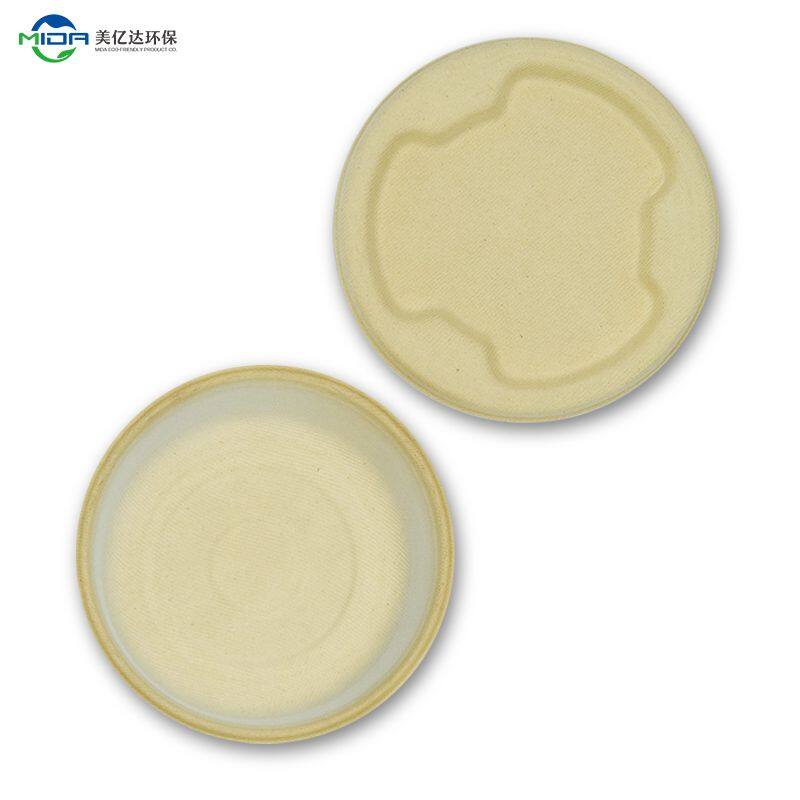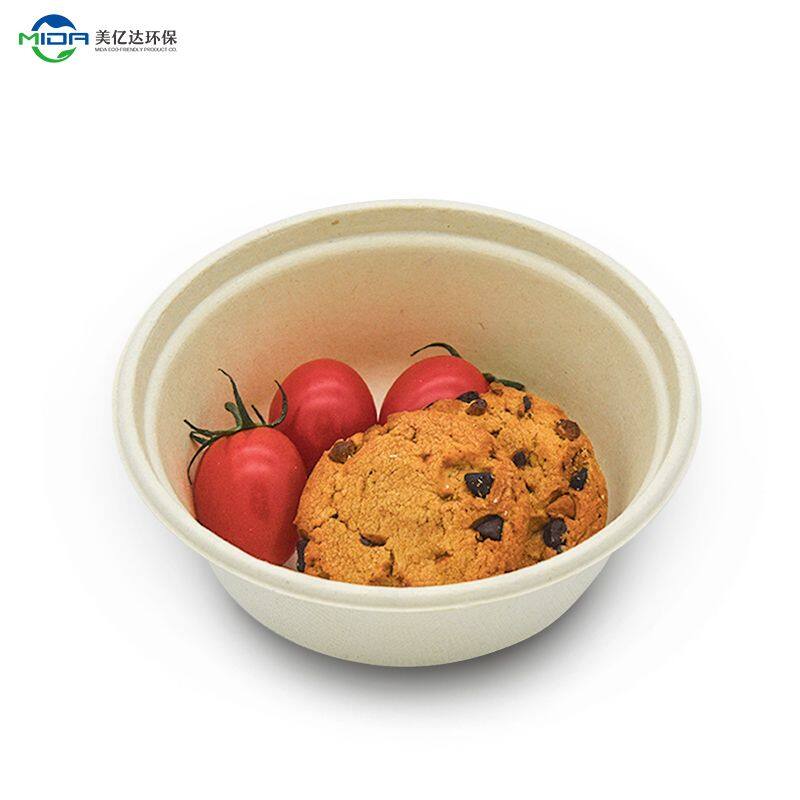As the fight to set our earth on the right sustainability track swings into full action, many things that have been staple to our everyday lives are being put to the test. In an effort to bid adieu to our plastic sin, many countries has placed a ban on all single-use plastic (SUP) items.
This means no more convenient polythene bags to carry our vegetables back home, and no juice shops offering you plastic straws to go with your drink again. So as we plan a funeral for the plastic bag that holds the stock of other plastic bags in your home, let’s take a look at what this ban actually means for us.
In india, The Ministry of Environment, Forest and Climate Change has notified the Plastic Waste Amendment Rules of 2021 to ban the manufacture, import, stocking, distribution, sale and use of many identified single-use plastic items which have low utility and high littering potential, according to the June 28 notification by the Government. This will seek to phase out the usage of plastics in B2B as well as B2C circles. As per the notification, the following items will no longer be in circulation:
Food-related items: Candy sticks, ice cream sticks, plastic plates, cups, glasses, cutlery such as forks, spoons, knives, straws, trays, wrapping or packing films around sweet boxes and stirrers.
Decoration-type items: Pllastic sticks for balloons, plastic flags, decoration thermocol and plastic/PVC banners less than 100 microns.
Other miscellaneous items: Earbuds with plastic sticks, invitation cards and cigarette packets.
The 2021 Amendment has already started the phase-out of our plastic carry bags, which are the most recognisable plastics in India. Plastic bags with a thickness less than 75 microns were supposed to be phased out by September 2021, and this will be extended to even thicker plastics with a 120-micron thickness by December 31 of this year.
In Canada, Canada will ban the manufacture and importation of “harmful” single-use plastics by the end of the year, the government said, in a sweeping effort to fight pollution and climate change.
Most plastic grocery bags, cutlery and straws would come under the ban, with a few exceptions for medical needs, Canada’s Environment Ministry said Monday.
“The ban on the manufacture and import of these harmful single-use plastics, barring a few targeted exceptions to recognize specific cases, will come into effect in December 2022,” it said in a statement.
“To provide businesses in Canada with enough time to transition and to deplete their existing stocks, the sale of these items will be prohibited as of December 2023.” It will also stop exporting such plastics by the end of 2025, to prevent international pollution, it added.
Prime Minister Justin Trudeau, who first promised to phase out hard-to-recycle plastics in 2019, hailed the move as a boost to Canada’s efforts to tackle climate change. “We promised to ban harmful single-use plastics, and we’re keeping that promise,” he tweeted.
“Over the next 10 years, this ban will result in the estimated elimination of over 1.3 million tonnes of plastic waste and more than 22,000 tonnes of plastic pollution. That’s equal to a million garbage bags full of litter,” he added.
In Canada, up to 15 billion plastic grocery bags are used every year, and approximately 16 million straws are used daily, according to government figures, with such single-use plastics making up most of the plastic litter found across Canada’s shorelines.
“With these new regulations, we’re taking a historic step forward in reducing plastic pollution, and keeping our communities and the places we love clean,” said the environment and climate change minister, Steven Guilbeault.
Biodegradable Disposable Lunch Box
-
What alternatives do we have available?
If you feel anxious about the inconvenience the ban might bring to your daily lives, you don’t need to be! India has already been going through somewhat of a “green revolution” these past few years, which means sustainable alternatives to these staples are already available in the market.
For example, many places have already started using paper straws as alternatives to the plastic variety. Businesses that serve juices and shakes even have edible straws nowadays that you can eat after you’ve consumed your drink.
But the best alternative would always be to bring your own! Stainless steel straws can be bought for as low as ₹10 a piece, and will serve you for decades. Copper straws famed for their antibacterial properties are also manufactured now.
As for cutlery and food-related items, you can give up your plastic lunchboxes and use stainless steel ones instead. In addition, plates, stirrers and spoons are made from extremely environmentally friendly alternatives such as bamboo, palm leaves and even a type of sugar cane waste called bagasse. For disposable tableware the use of plant material instead of plastic is the best option. For example, tableware made from sugarcane bagasse degrades naturally within 60-90 days, which is very environmentally friendly. This goes a long way towards creating a circular economy, as these industrial by-products no longer clog up landfills, but generate income for the country.
Earbuds also have sustainable alternatives made out of bamboo and cotton. As for the other miscellaneous items, the end-user need not fret, as the government has planned capacity-building workshops to help MSME units to phase out SUP production and move towards sustainable alternatives for the manufacturing of the same product.


